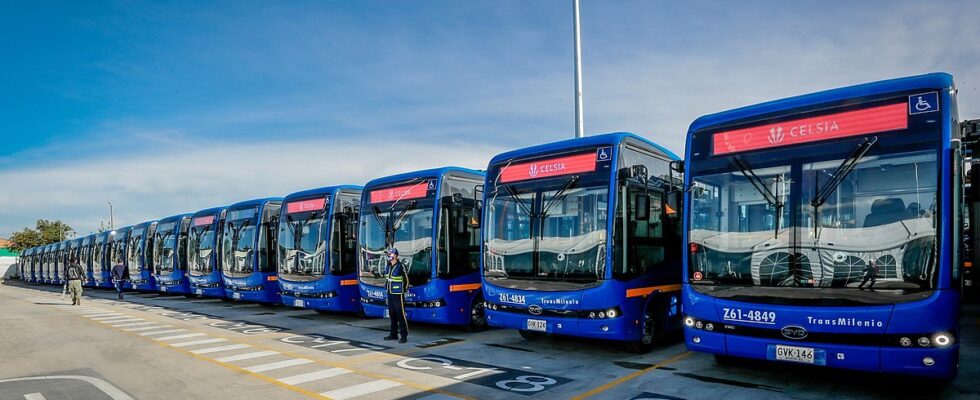It’s an investment that pays off in a variety of ways. Not only do electric buses produce zero tailpipe emissions, but they also require less maintenance and operating costs than traditional diesel-powered buses. This makes them the ideal choice for any public transportation system looking to reduce its environmental footprint while increasing efficiency and saving money over time.
Such a fleet can also reduce noise pollution, as electric buses are much quieter than diesel models. Plus, they can be powered using renewable energy sources such as solar or wind power, reducing their environmental impact.
How do they work?
Electric buses draw power from a battery, which can be recharged at the end of each route. They are powered by electric motors that produce torque and can meet urban environments’ demands.
In addition to being environmentally friendly, electric buses provide improved ride quality and passenger experience compared to traditional diesel models.
You can also choose from various models to suit your transportation needs. From smaller city buses for urban centers to larger coaches for long-distance travel, electric bus fleets provide efficient and cost-effective solutions for any public transit system.
When investing, you should consider that electric buses have a higher initial cost than diesel models. However, the overall prices over time are much lower due to decreased maintenance and fuel costs. Investing in an all-electric bus fleet can benefit your budget and the environment. This is what you need to know before investing in an all-electric bus fleet:
- Electric buses are more efficient
This means that electric buses consume much less energy than traditional diesel-powered buses. You can significantly reduce your operational costs and carbon footprint by switching to electric.
- Electric buses are quieter
Electric buses from Ree Auto produce very little noise compared to their diesel counterparts, making them ideal for urban areas with high levels of noise pollution. Plus, they offer a more comfortable ride for passengers.
- Electric buses are cleaner
The lack of emissions from electric vehicles makes them much better for the environment than traditional diesel-powered buses. Investing in an all-electric bus fleet greatly reduces air pollution and contributes to a healthier planet.
- Electric buses provide economic, environmental, and social benefits
Investing in electric buses can create jobs, reduce emissions, improve air quality and create a healthier environment for everyone. Plus, they help to boost local economies by reducing fuel costs.
- Electric buses are customizable
Electric buses can be tailored to meet your needs, from size and shape to interior design. This provides great flexibility when planning routes and improving the passenger experience.
- Electric buses are an investment that pays off
In the long run, electric buses can save money on fuel costs and maintenance while also helping to reduce emissions. This makes them a great option for anyone looking for an environmentally friendly, cost-effective transportation solution.
Final Thoughts
Overall, investing in an all-electric bus fleet is smart for any public transportation system looking to reduce its environmental impact and save money in the long run. Its numerous benefits and lower operational costs make it an investment that will pay off for years. So what are you waiting for? Make the switch to electric today and start reaping the rewards!


